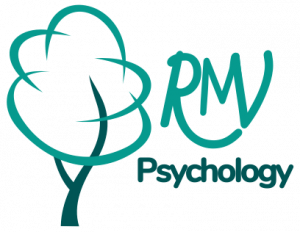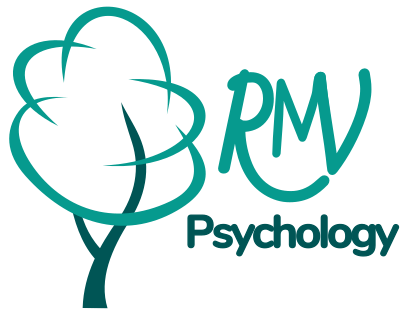Mental Health Support
Issues we work with
Ryan has a high level of experience and expertise providing assessment and support for these issues:
- Autism
- ADHD
- Depression
- Anxiety
- Stress and burnout
- Life transitions
- Psychosis-related disorders
- Relationship and interpersonal issues
- Men’s mental health
- Workplace issues
- Sleep issues
- Bipolar disorders
- Gender and sexuality issues
- High functioning and emerging personality disorders
Please note that while I do provide counselling relating to relationship issues, I do not currently provide couples counselling.
Assessments
Assessments for adult Autism and ADHD are now available!
Please visit our assessments page for more information or contact us if you are interested in joining the waitlist.
Therapeutic approaches
Acceptance and Commitment Therapy (ACT) gets its name from one of its core messages: accept what is out of your personal control and commit to action that improves and enriches your life.
The aim of ACT is to maximise human potential for a rich, full and meaningful life.
ACT (which is pronounced as the word ‘act’, not as the initials ‘A.C.T.’) does this by helping you to:
- a) develop psychological skills to deal more effectively with difficult thoughts and feelings, to reduce their impact and influence over you;
- b) clarify your values (your heart’s deepest desires for how you want to behave as a human being; how you want to treat yourself, others and the world around you). You then use these values to guide, inspire and motivate yourself to take action: to do what matters, face your fears, live meaningfully, and change your life for the better;
- c) focus your attention on what is important and engage fully in whatever you are doing.
Cognitive behaviour therapy (CBT) is an effective treatment approach for a range of mental and emotional health issues, including anxiety and depression.
CBT aims to help you identify and challenge unhelpful thoughts and to learn practical self-help strategies. These strategies are designed to bring about immediate positive changes in your quality of life.
CBT can be good for anyone who needs support to challenge unhelpful thoughts that are preventing them from reaching their goals or living the life they want to live.
CBT aims to show you how your thinking affects your mood. It teaches you to think in a less negative way about yourself and your life. It is based on the understanding that thinking negatively is a habit that, like any other habit, can be broken.
(https://www.betterhealth.vic.gov.au/health/conditionsandtreatments/cognitive-behaviour-therapy)
Unlike traditional forms of therapy that take time to analyze problems, pathology and past life events, Solution-Focused Brief Therapy (SFBT) concentrates on finding solutions in the present time and exploring one’s hope for the future to find quicker resolution of one’s problems. This method takes the approach that you know what you need to do to improve your own life and, with the appropriate coaching and questioning, are capable of finding the best solutions.
(https://www.psychologytoday.com/au/therapy-types/solution-focused-brief-therapy)

